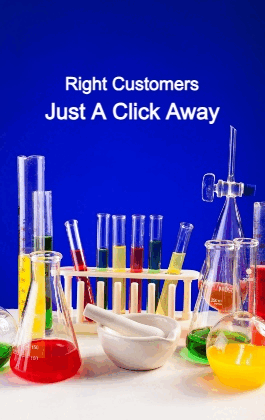Beauty meets AI: Unilever partnership drives microbiome research for self-healing skin

Unilever scientists are researching ways to stimulate the skin’s organic ceramide-producing mechanisms so that it can mend itself. It has partnered with IBM and Eagle Genomics to create modern approaches using AI to unearth new insights in microbiome datasets and provide treatments for dry skin.
“The skin microbiome is made up of hundreds of different species and the power of AI can be used to determine how these species are linked to skin health, for example, in skin hydration,” Michael Hoptroff, senior microbiome research manager at Unilever R&D, tells PersonalCareInisghts.
“Through our research, we have not only discovered how the skin can be stimulated to maintain its own production of ceramides, but also that this production leads to a direct improvement in skin quality and hydration,” adds Dr. Andrew Mayes, senior skin research manager at Unilever R&D.
“Building stronger skin from within”
Regarding whether or not the application of AI to microbiome datasets would have a predicted increase for cosmetic development, Hoptroff tells us that it is relatively novel, however, the promise is “significant.”
“The complexity of data generated, potentially billions of data points, makes harnessing the power of AI essential to help understand how the microbiome is altered in cosmetic conditions, and importantly, how microbiome-based interventions can have an impact on consumer health,” shares Hoptroff.
The natural lipids or oils, such as ceramides, that account for 50% of the structure of our skin are crucial for maintaining the integrity of the skin’s barrier. Ceramides are very effective in preventing dryness because they serve as the mortar that holds our skin cells together.
They have discovered that increasing ceramides can have a significant positive impact on those with dry skin. They wondered, however, if this may also benefit the skin microbiome – the naturally occurring microbial population that resides on the skin.
AI drives research for dry skin
Elaborating on the method of answering this question Hoptroff says that analyzing the enormous datasets created in a microbiome study is no simple challenge.
“Unilever partnered with IBM to develop new approaches which harness the power of AI to unlock new insights from these large and complex datasets.”
Unilever, IBM and the UK Science and Technology Facilities Council have joined forces to identify the microbiome of dry skin and how it changes with age and menopause. This work has been published in the peer-reviewed journal Nature Scientific Reports.
This capability, Hoptroff says, has also been used to understand how skin care products can help the microbiome. In a study conducted with the University of Liverpool and Eagle Genomics, Unilever used its knowledge of AI and machine learning to examine the impact that lotion application had on the microbiome of consumers with dry skin.
Analysis showed that in conjunction with improvements seen in the skin barrier, moisturization and ceramide production, there were also shifts in the skin microbiome using AI-based network analysis methods.
Data analysis in the pipeline
Dr. Barry Murphy, senior microbiome research manager at Unilever R&D tells us that microbiome studies generate enormous amounts of data and that they have generated over 12 terabytes of information containing billions of individual data points at Unilever. Managing that data in a consistent and reproducing way is a key foundation for robust data interpretation.
Eagle Genomics, founded in 2008 as a spin-out from the University of Cambridge and has become a world leader in the specialized field of advanced microbiome bioinformatics. It offers a data platform e[datascientist] which integrates microbiome data with skin health indices and consumer data to create a data engine for unlocking new science and new product technologies.
“As well as having data appropriately curated and cataloged, consistency of analysis is essential for reproducible insight generation,” Murphy says.
“The partnership between Eagle Genomics and Unilever facilitates access to the data analysis pipeline through the e[datascientist] platform: ensuring consistent and robust data analysis with appropriate provenance and traceability,” he concludes.



